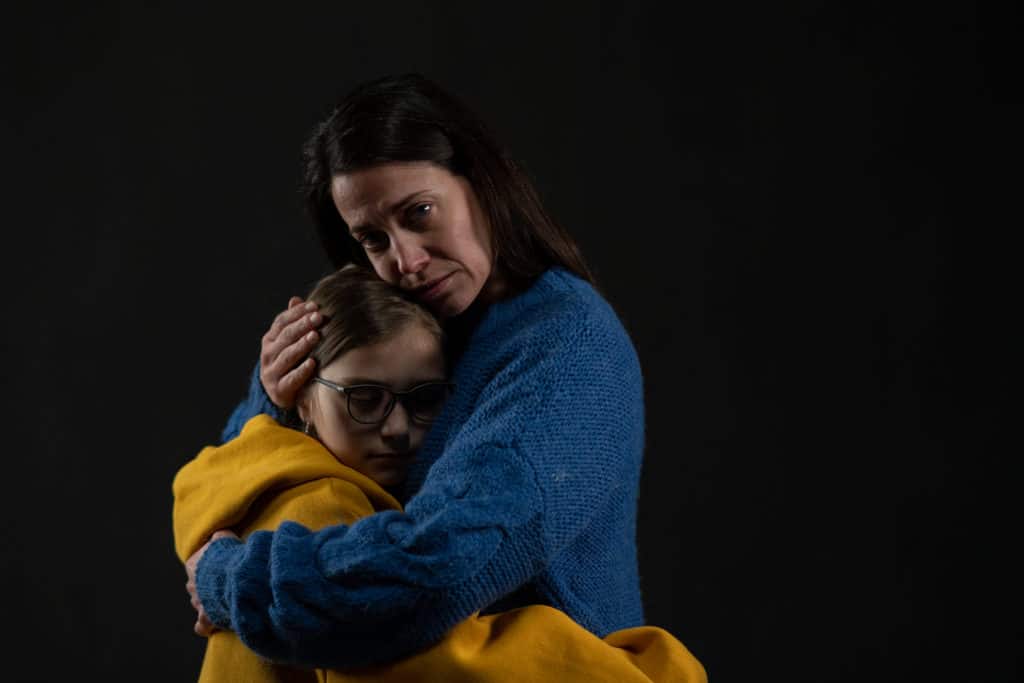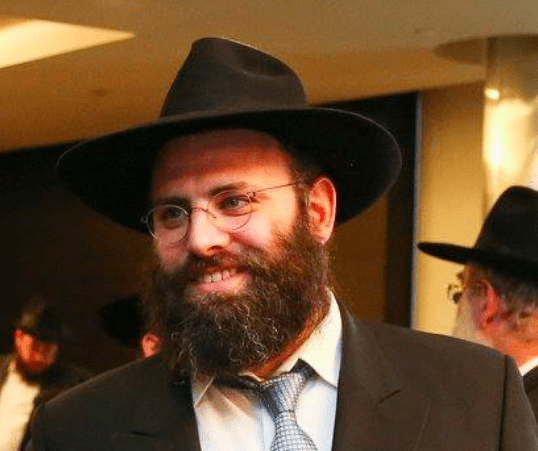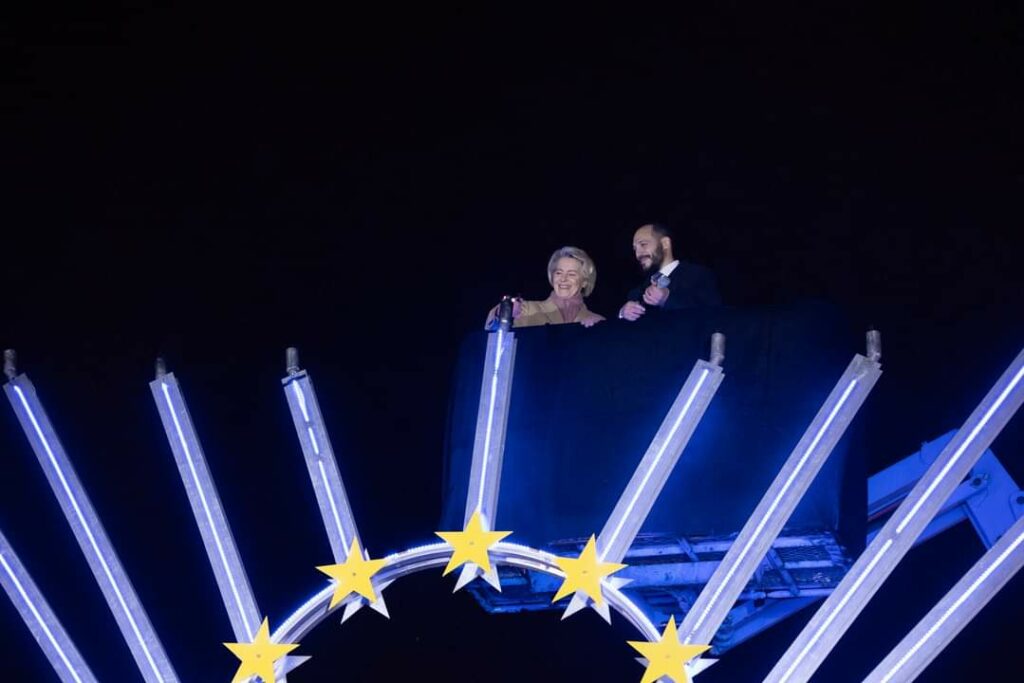Huit mille personnes ont participé à cette manifestation, selon une estimation de la police. Elle s’est globalement déroulée sans incident mais un petit groupe de perturbateurs a affronté la police lorsque le cortège est arrivé à son point d’arrivée, près de la place Schuman.
Les agents de police ont répondu avec un canon à eau et du gaz lacrymogène. Quatre manifestants et deux policiers ont été blessés. Plusieurs véhicules de police ont été endommagés.
Les protestataires s’étaient rassemblés vers midi à la gare de Bruxelles-Nord et le cortège s’était élancé vers 13h25. À sa tête se trouvait une délégation de pompiers (en uniforme) et du personnel soignant.
Les organisateurs ont éprouvé beaucoup de difficultés à contenir les participants sur le parcours prévu et à éviter les confrontations avec la police. Quelques projectiles avaient été jetés à hauteur de la rue de la Loi sur la police mais les manifestants ont rapidement réussi à ramener le calme.
La manifestation s’est ensuite dirigée vers le parc du Cinquantenaire. Une fois atteint, les premiers intervenants ont déclamé leur discours. Mais un groupe de perturbateurs a commencé à bombarder la police, qui bloquait l’entrée de la place Schuman, avec toutes sortes de projectiles, ainsi qu’avec des feux d’artifices. Le canon à eau et des gaz lacrymogènes ont été utilisés à plusieurs reprises par la police.
La majeure partie des manifestants a quitté les lieux mais un autre groupe est resté sur l’avenue d’Auderghem et est entré dans une nouvelle confrontation avec les forces de police. Des déchets ont été incendiés. Le canon à eau et les gaz lacrymogènes ont à nouveau été utilisés pour repousser les protestataires. Le noyau dur s’est finalement disloqué et le calme est revenu.
La précédente manifestation contre le Covid Safe Ticket, il y a deux semaines, avait rassemblé 35.000 personnes, selon la police.
Une association juive outrée par la représentation de l’étoile jaune à la manifestation
La European Jewish Association a réagi outrée dimanche à l’étoile jaune représentée sur l’une des bannières de manifestants participant à la marche organisée dimanche à Bruxelles contre les mesures sanitaires prises par le gouvernement pour endiguer la propagation du coronavirus. “Il est difficile de dire à quel point c’est une erreur”, a déclaré le rabbin Menachem Margolin, président de l’association.
“J’ai du mal à voir la similitude entre le fait qu’on vous demande de vous faire vacciner pendant une pandémie, -ou d’en assumer les conséquences si vous ne le faites pas- et l’extermination systématique de six millions de Juifs dans des camps de la mort, des chambres à gaz ou dans des fosses communes à ciel ouvert”, a déclaré M. Margolin.
“Cela me rend malade de penser que si peu de gens comprennent la douleur que de telles bannières provoquent, et que si peu de gens réalisent vraiment l’énormité et l’ampleur de l’Holocauste. À ceux qui ont défilé aujourd’hui avec une grande étoile jaune, je dis: ne faites pas ça. Peu importe ce que vous pensez des restrictions sanitaires, personne ne vous tatoue les bras, personne ne vous case dans des camions à bétail et personne ne veut que vous, votre famille et vos proches meurent. Tout d’abord, assurez-vous d’avoir les connaissances et de savoir ce que cette étoile jaune représente réellement”, a encore souligné le président de l’association européenne.
https://m.lavenir.net/cnt/dmf20211205_01642831/covid-des-milliers-de-personnes-a-bruxelles-pour-manifester-contre-les-mesures-sanitaires













